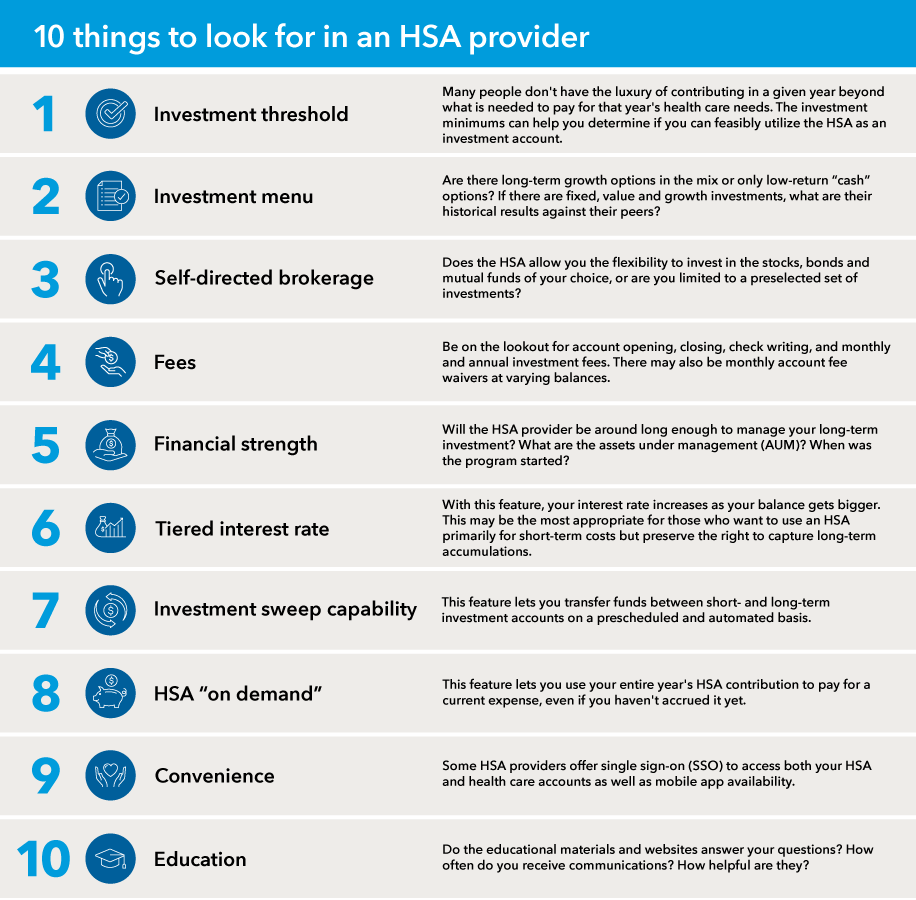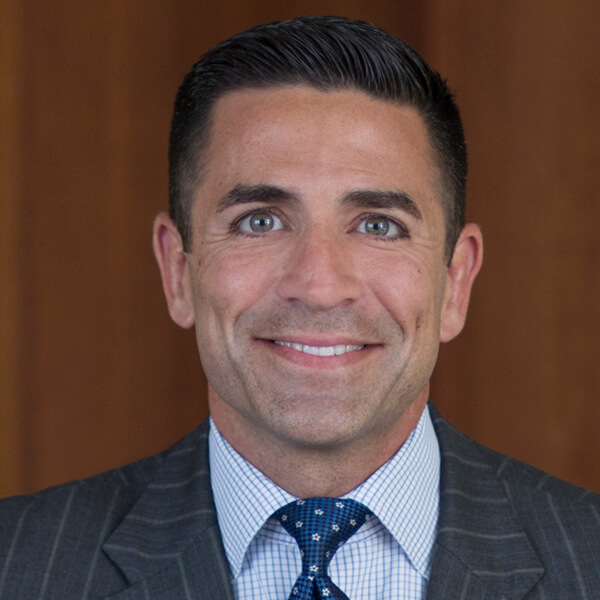What are two of the biggest savings requirements of your working years? Health care and retirement. Though employers typically cover both of these in benefits packages, most people view them as separate expenditures — until, that is, they reach retirement and see how much health care costs affect their retirement standard of living.
That is changing as more and more people (or employees) are introduced to HSA’s, a unique investment strategy that can help pay for the health care-related portion of retirement spending.
Three distinct features expand HSAs from accounts that fund short-term medical expenses into long-term investment vehicles:
- Triple-tax-free benefits: Contributions are made pretax, while earnings and distributions of those earnings are tax-free for qualified health care expenses now and in the future.
- “Stow it and grow it” provisions: HSAs can be rolled over from year to year if the savings aren’t spent, unlike “use-it-or-lose-it” flexible savings accounts (FSAs).
- Individual control of account: HSAs are individual and self-directed accounts, which means you can move them to and invest them with any HSA provider, not just the one that handles your health insurance.



